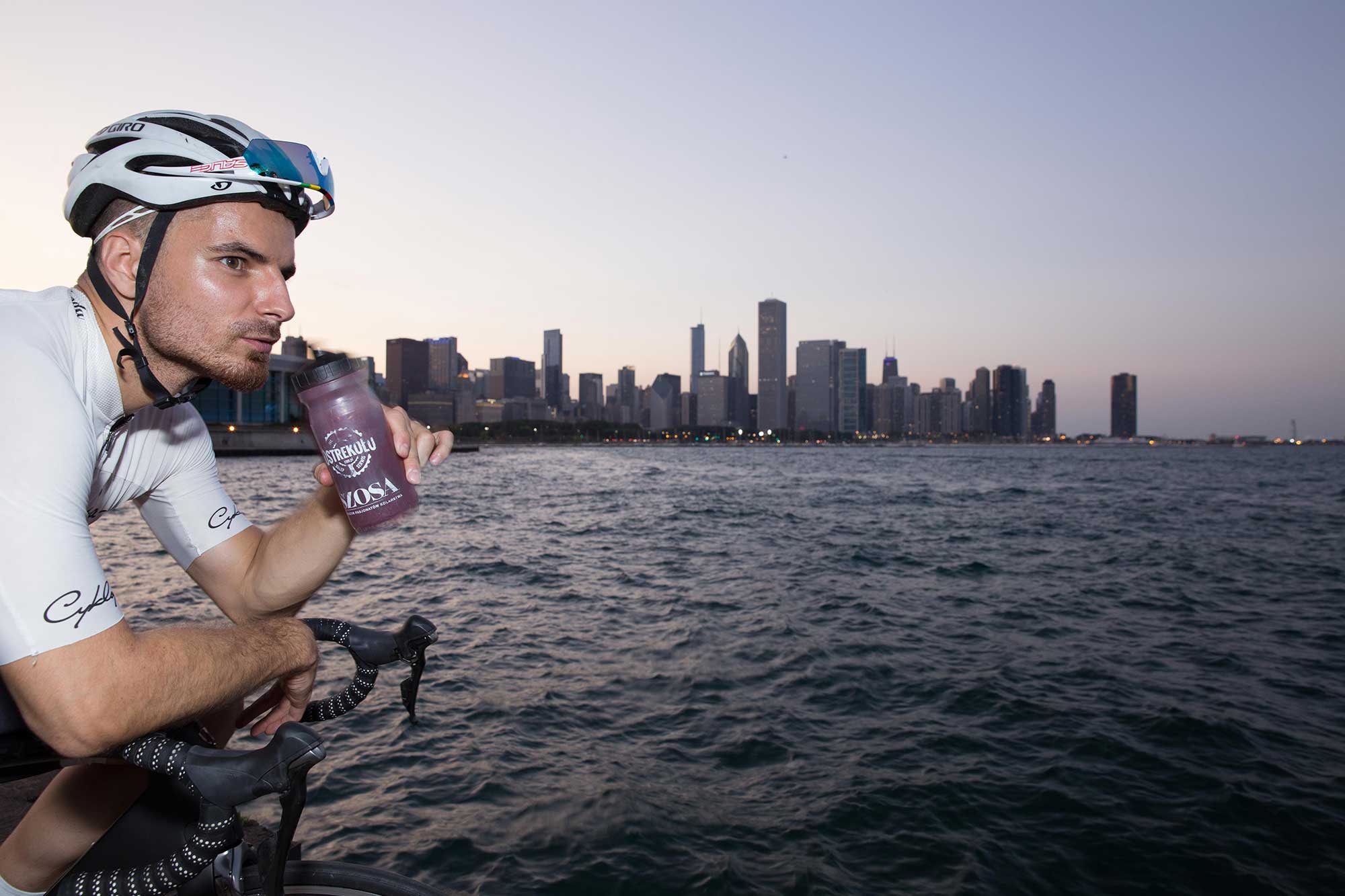Symptoms of Overtraining
1. What is Overtraining?
2. What are the Symptoms of Overtraining?
3. How to Recover from Overtraining?

1. What is Overtraining?
Training is putting stress on your body by any type of exercises.
During training you destroy your muscles fibers, your body is created lactate and the effect is that you are getting tired.
You take a rest, you recover, rebuild your muscle fibers, refuel your glycogen and you are ready for next workout.
But what if you put to much stress to your body, day by day or you don’t take enough time to recover? Then you can notice Overtraining.
Overtraining can be good and bad, small overtraining is necessary to keep your body improving and get stronger.
A good training plan should be optimized well enough that you can’t really feel overtrain because you are able to recover between workouts.
But overtraining can be the cause by other things, for example, stress at work, it is not directly overloading yourself but it is decreasing your ability to recover. Without adjustments in your training plan, you can start seeing symptoms of overtraining.

2. What are the Symptoms of Overtraining?
It can be hard to recognize symptoms of overtraining, long days at work or short nights can provide to fatigue, sometimes it can be just laziness.
First thing you should watch is your resting heart rate. It can be few beats slower than the usual number, it can be first sign that you need rest.
Next thing is Heart Rate Variability (HRV), if your heart rate beat 60 times per second, the time between every beat should be 1 s. If you are getting overloaded with your workouts this time will be shorter or longer. Another good number to track on a daily basis.
The most common sign can be lowered heart rate during your workout, if you feel like it is hard to get to your “normal” heart rate or if you use power meter you can compare it to watts. Most of the time lower heart rate is a symptom of overtraining.
If you keep working out ignoring first signs of being overloaded with your workouts and other stress, you can feel pain in your legs and have problems with moderate hard and hard workouts. Stop your training immediately and take a few day or week of the bike.
In a very extreme situation, if you keep training with all symptoms above you can get to the point where you won’t be able to do even easy workout, and recovery can take even months.
Always remember to “listen to your body” it always give you signals if it needs to rest.

3. How to Recover from Overtraining?
Most important part of a training plan is a Recovery. At this article, we covered 13 the best methods to recover faster. We still would like to talk more about recovery, why it is so important? and what steps you should take if you are already overtrained.
The best scenario is to don’t let bigger overtraining get to our training plan. It is most of the time if not always, impossible.
So what we can and should do, if symptoms of overtraining show up? We can clearly see that our body is in need of rest.
We should adjust the training plan, reduce duration and intensity for the next few days or take a day off. Try to fully recover and then get back to normal training.
Skip the race if you don’t feel well, yes we know that is hard but always think long term and what is better for you from the perspective of time.
Have a question? Leave a comment below.







